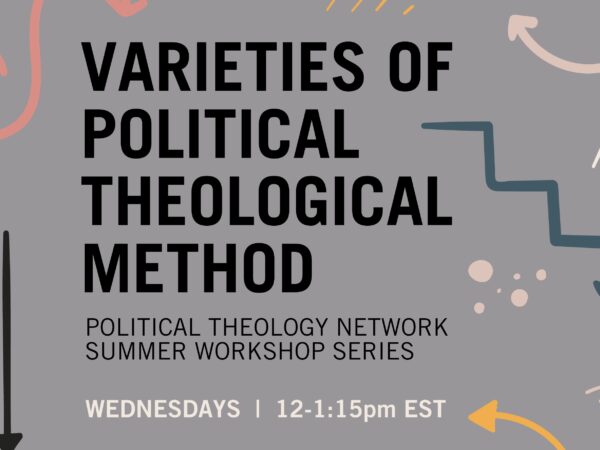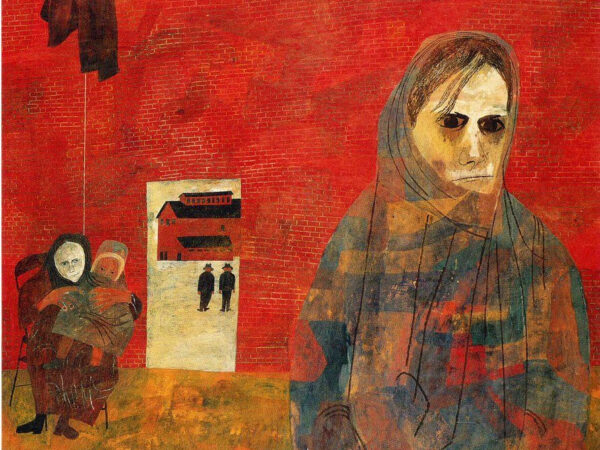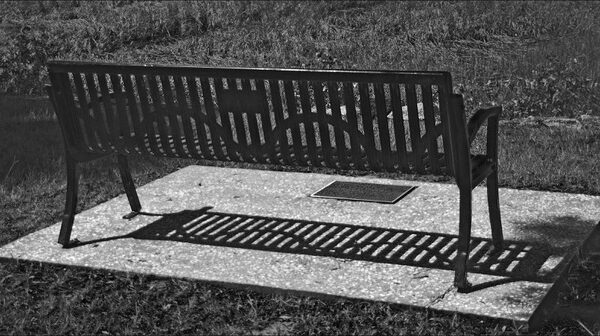
It should be uncontroversial that the Ukrainians have a right to defend their people and their land. However, some have argued that Pope Francis is spearheading a rejection of the just war tradition, replacing it with a thoroughgoing pacifism that would in principle deny this right to the Ukrainian defenders. As an analysis of the Pope’s position, I think this is mistaken.

Jezebel embraces her gods just as Elijah does. When the prophets of her gods are mocked and killed in a most disrespectful way, Jezebel is angered. In the face of death, she remains fearless. Her fearlessness combined with her reverence to her gods in a foreign land makes her an example for contemporary women.

Political Theology Network is offering a ‘Varieties of Political Theological Method’ summer workshop series. Every Wednesday from June 15. Contact Mary ([email protected]) or Kathy ([email protected]) for more details.

No doubt there are complex reasons of history and diplomacy behind such qualifications and hesitations. But it is accurate to say that they reflect the increasing Catholic skepticism about the moral justification of war at all. But the Ukrainian decision to fight presents an important challenge to that skepticism.

How does literature shape the world, and the bodies, social forms, and political acts that constitute it? What particular roles might the category of religion, and specifically religious experiences, play in such shaping?

For the left to prevail in the war between old and new gods, we need not only prophetic discourse, but forms of mass organization capable of cohering a social bloc. In this work, religion, understood not as prophecy but as missionary work, remains a crucial resource.

Villanova University’s Center for Political Theology is thrilled to launch this new blog, Literature and Political Theology, with a post from Benjamin Balthaser, one of its editors. We will be sharing posts from the other editors, Kris Trujillo, Mimi Winick, Brook Wilensky-Lanford, and James Ford III over the coming months, between symposia on literary works. Among the literary works that will be discussed are texts by Virginia Woolf, Octavia Butler, Philip K. Dick, Susan Taubes, and Zora Neale Hurston, and Helene Wecker.

Food sovereignty represents a refusal of a globally commodified food system in favor of systems and institutions that support self-sufficient communities.



